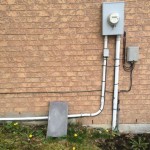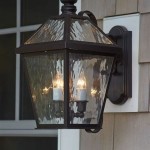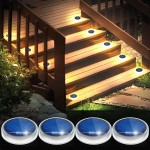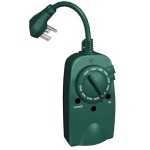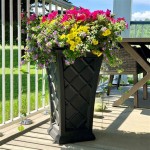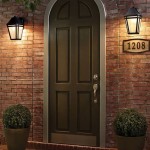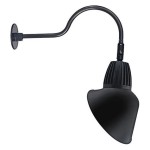Essential Aspects of Outdoor Landscape Lights Not Working: Troubleshooting and Solutions
Outdoor landscape lighting plays a crucial role in enhancing the aesthetics and safety of your property at night. However, when these lights malfunction, it can be frustrating and potentially hazardous. Understanding the common causes and solutions for outdoor landscape lights not working can help you resolve the issue efficiently.
Check Power Supply
The most basic reason for outdoor landscape lights not working is a lack of power. Ensure that the lights are connected to a power source and that the circuit breaker or fuse is not tripped. Check the wiring for any loose connections or breaks that may disrupt the electrical flow.
Inspect Light Bulbs
Burned-out bulbs are another common cause of non-working landscape lights. Inspect the bulbs for signs of discoloration or breakage. Replace the bulbs with new ones of the same wattage and type.
Examine Sockets
The sockets that hold the light bulbs may become loose or damaged over time. Check the sockets for corrosion or debris that may prevent the bulbs from making good contact. Clean the sockets and ensure the bulbs are securely screwed in.
Assess Sensor Function (Motion and Dusk-to-Dawn Sensors)
Some outdoor landscape lights are equipped with sensors that activate the lights automatically. If the lights are not working, check the sensors. Clean any debris or dirt that may be obstructing the sensors. Ensure that the sensors are properly aligned and positioned to detect motion or darkness.
Test Transformer
Outdoor landscape lights often require a transformer to convert the voltage from the power source to a suitable level for the lights. If the transformer fails, the lights will not work. Check the transformer for any visible damage or overheating. Replace the transformer if necessary.
Examine Wiring
Electrical wiring can become damaged over time due to environmental factors or accidental cuts. Inspect the wiring carefully for any breaks or loose connections. Use a voltage tester to ensure that the wiring is carrying electricity. Repair or replace any damaged wiring as needed.
Consider GFCI (Ground Fault Circuit Interrupter) Outlets
GFCI outlets are designed to protect against electrical shocks. If your landscape lights are plugged into a GFCI outlet, check if the outlet has tripped. Reset the GFCI outlet and ensure that it is functioning correctly.
Additional Tips
- Clean the fixtures regularly to remove debris and dirt that may accumulate.
- Avoid using high-wattage bulbs, as they can overheat the fixtures.
- Install timers to automate light operation and extend bulb life.
- Consider using LED lights, which are more energy-efficient and last longer.
If you have exhausted all the troubleshooting steps and the lights still do not work, it may be necessary to consult a qualified electrician. They can assess the situation and determine the underlying cause to ensure the proper restoration of your outdoor landscape lighting.

Landscape Lights Not Working Solutions To 7 Common Problems

Why Are My Landscape Lights Not Working

Troubleshooting Landscape Lighting That S Not Working

Why Are My Landscape Lights Not Working Georgia Lightscapes Blog

Outdoor Landscape Light Troubleshooting Guide Abulous Lighting

Landscape Lighting Repair Why Are My Lights Not Working Pro

Landscape Lights Not Working Solutions To 7 Common Problems

Outdoor Lighting Basic Troubleshooting Tips Lanai Lights

5 Reasons Why Your Solar Light May Not Be Working Gamasonic Usa

Outdoor Lighting Repair Troubleshooting Landscape
